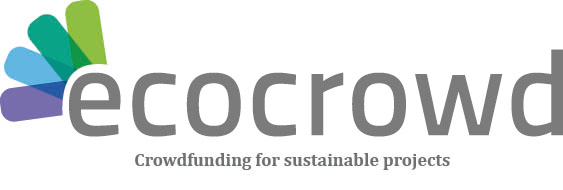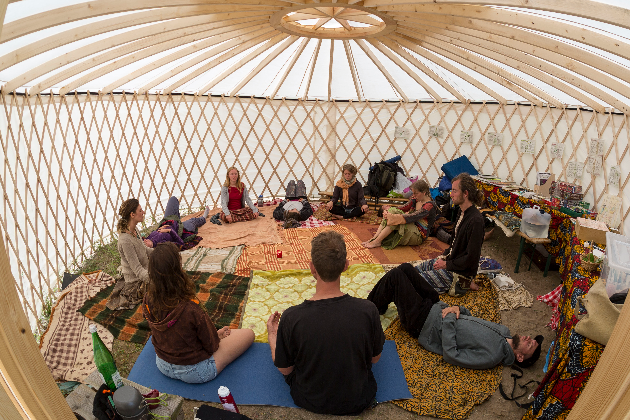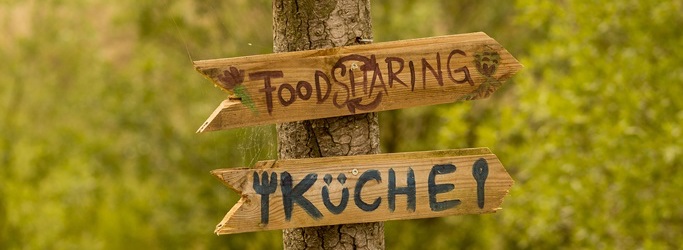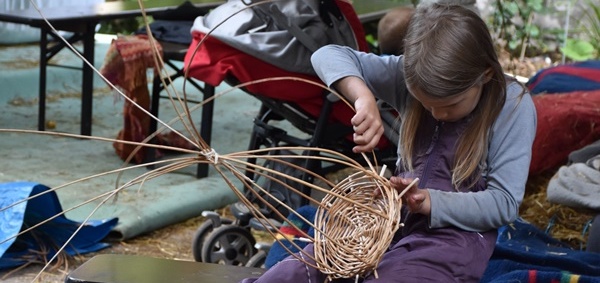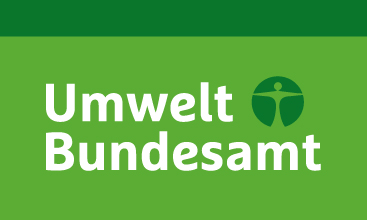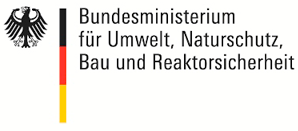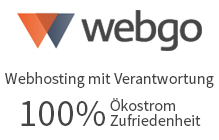Educational trail to wild design


-
Backers
28
-
Funded
2.679 €
-
Stage goal
6.640 €
Added value for the environment
The project saves or improves the areas of ...
|
human
|
☆ ☆ ☆ ☆ ☆ |
|
ground, water, air
|
☆ ☆ ☆ ☆ ☆ |
|
climate
|
☆ ☆ ☆ ☆ ☆ |
|
animals and plants
|
☆ ☆ ☆ ☆ ☆ |
|
biodiversity
|
☆ ☆ ☆ ☆ ☆ |
|
material and cultural assets
|
☆ ☆ ☆ ☆ ☆ |
|
energy and use of resources
|
☆ ☆ ☆ ☆ ☆ |
Resources used
The resources used are ...
|
produced sustainably
|
☆ ☆ ☆ ☆ ☆ |
|
eco-certified
|
☆ ☆ ☆ ☆ ☆ |
|
fair-trade
|
☆ ☆ ☆ ☆ ☆ |
|
of regional origin
|
☆ ☆ ☆ ☆ ☆ |
|
used efficiently
|
☆ ☆ ☆ ☆ ☆ |
|
recycled, upcycled
|
☆ ☆ ☆ ☆ ☆ |
|
renewable (e.g. energy)
|
☆ ☆ ☆ ☆ ☆ |
Summary
Description
What is the funded money used for?
Why is the project an EcoCrowd project?
Tell us something about yourself.
We wild-design the future, because ...
-
Aktualisierung #1: Lernpfad zum/zur Wildgestalter*in20.03.2019
Bald geht es endlich los. Wir, die Lernlinge, stehen in den Startlöchern und freuen uns auf das kommende Start-Modul Anfang April. Juhu. Es geht in Richtung Bodensee. Wir wollen uns gegenseitig kennenlernen, wild Pläne schmieden und wilddenken.
Doch dafür brauchen wir weiterhin deine finanzielle Unterstützung unserer ersten Kampagne, denn wir brauchen Material und Mentoren, um wilden Schabernack zu treiben.
Momentan sehen unsere Tauschgüter wie folgt aus: für einen größeren Betrag, kannst du an einem Modul deiner Wahl teilnehmen und mit uns Lernen, wie man professionell wildgestaltet. Komm vorbei schau’s dir an und denk dich wild und frei. Wir freuen uns auf dich, Mitgestalter.
Oder du unterstützt uns mit einem mittleren Betrag und wirst offizieller Unterstützer des Lernpfads. Dazu gehört eine offizielle Widmung auf unserer Homepage und wir werden dir natürlich ewig dankbar sein. Special Karma Boost inklusive.
Für die Leute, die es am Ende des Geldes zu viel Monat gibt, haben wir folgendes:
Spendet ihr einen kleinen Betrag, sind wir euch ewig dankbar und ihr könnt bei uns vor den Zelten und der Jurte abhängen: Wir hängen euren Namen auf ein Zettelchen, welches auf allen Modulen unsere Lebensräume aufwerten wird. Dein Karma steigt natürlich auch 😉Brauchst du auch die Cents aus dem Sofaschlitz für dich, dann kannst du uns dennoch helfen: Erzähl von unserem Projekt – deinen Freunden, Verwandten, Bekannten. Face2face oder in den sozialen Medien. Sharing is caring.
Wir freuen uns über jede Unterstützung für euch – danke im voraus ♥♥♥
und vielleicht bis baldMarta für die 25
